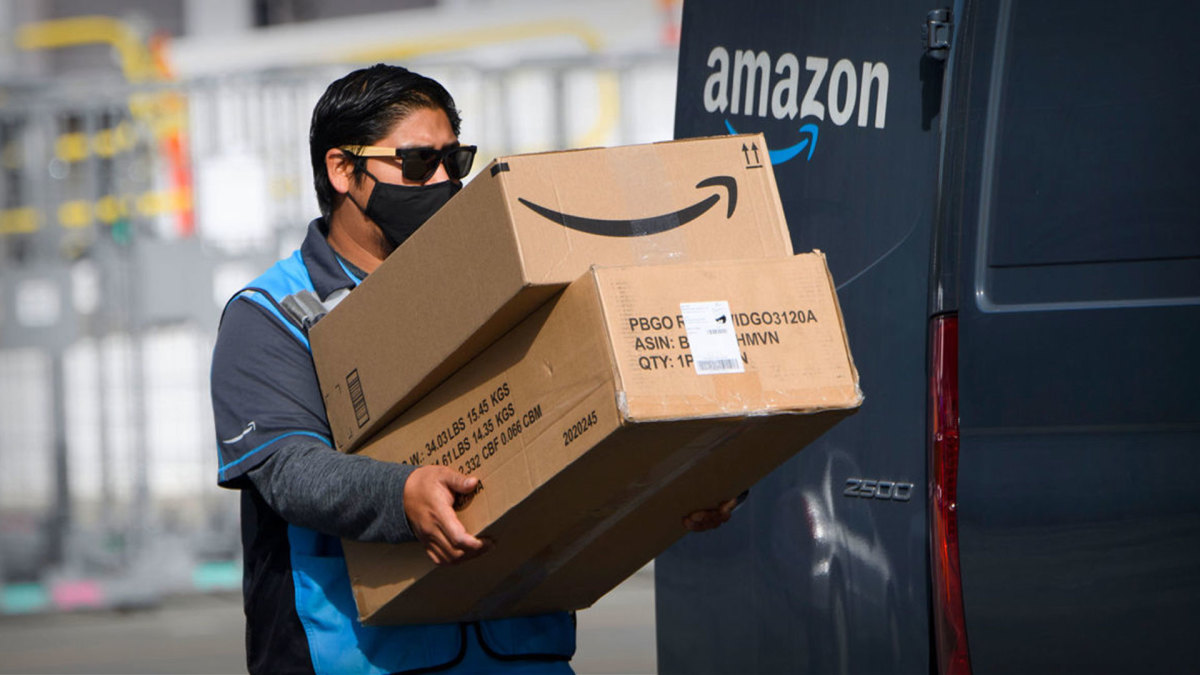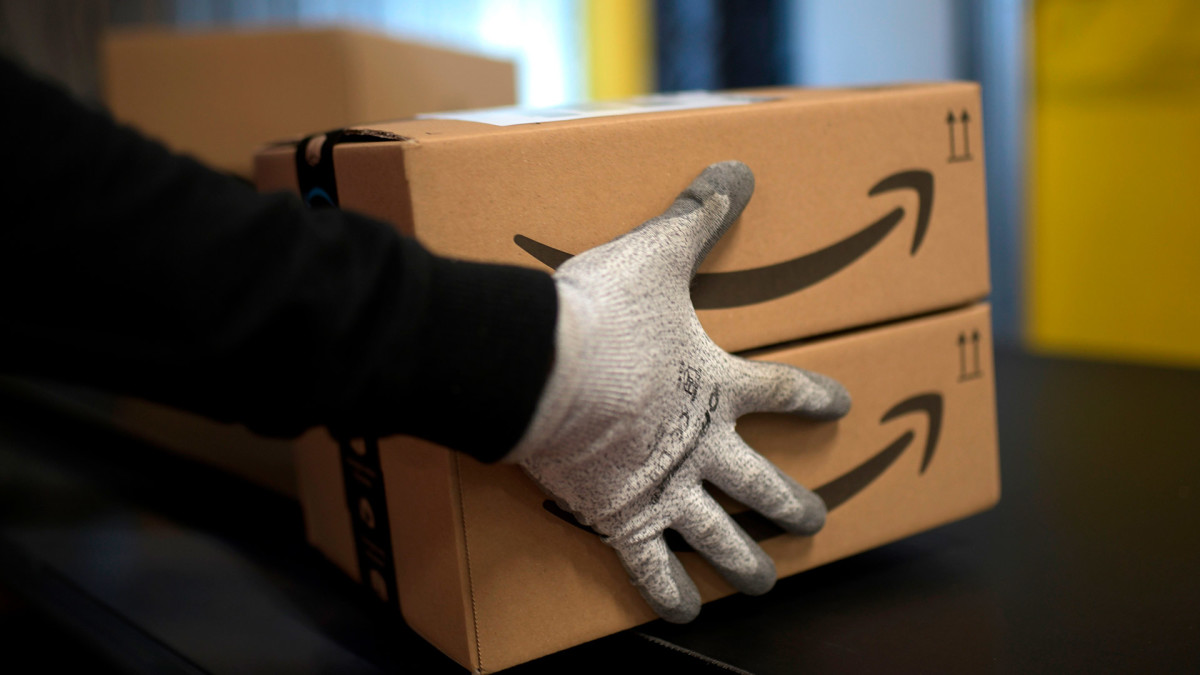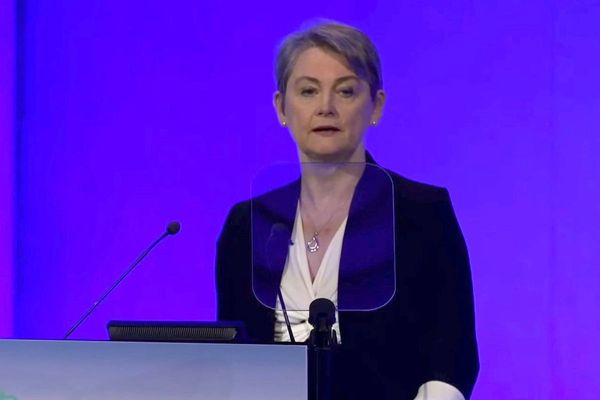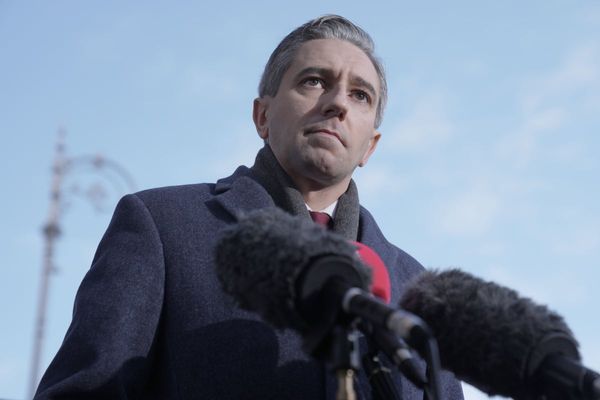
Certain rules exist across all areas of business that have good intentions but are hard to enforce. That's largely because when rules are easy to break, then most companies do the right thing in public while privately doing whatever helps them make the most money.
To give a non-sinister example, sports teams are not supposed to negotiate with athletes under contract to another team. If a general manager goes on sports radio or a talk show and talks about wanting to make an offer to an upcoming free agent, that would be tampering and the team could be fined.
DON'T MISS: Essential retailer files surprise Chapter 11 bankruptcy
That does mean that every team (or maybe any team) waits until the start of free agency to start gauging what a player might be looking for. There are back channels through agents, friends on other teams, and even the media that allow for information to be shared in ways that's spiritually, but not legally tampering.
Retailers, especially the big ones with pricing power, are also not allowed to work together to set pricing. That's something spelled out by the Federal Trade Commission (FTC).
Price fixing is an agreement (written, verbal, or inferred from conduct) among competitors to raise, lower, maintain, or stabilize prices or price levels. Generally, the antitrust laws require that each company establish prices and other competitive terms on its own, without agreeing with a competitor.
That doesn't mean it never happens, it's just that like the sports teams, it's either a back channel activity or something that retailers manage to communicate to each other without directly speaking.
A new FTC lawsuit filed against Amazon in late Sept. in U.S. District Court in Seattle charges that the online retail giant had a secret project, "Project Nessie," designed to help it sell items at higher prices.

Image source: Getty Images.
Amazon faces an FTC lawsuit
The lawsuit, which has been heavily redacted claims that Project Nessie tracked what happened when Amazon raised prices on certain items.
"If other retailers didn’t raise their prices in turn, the Project Nessie algorithm dropped Amazon’s prices back to normal, the FTC suit alleges," according to Geekwire.
The FTC is attempting to prove that Amazon is not like other retailers — even major players like Walmart, Costco, and Target — and that it has monopoly powers.
Author Jason Del Rey, referenced Project Nessie in his book, "Winner Sells All.:
“Amazon’s pricing tool would repeatedly lower the price on an item to match its competitor, leading to what insiders dubbed a death spiral,” the journalist wrote.
Amazon has pushed back against the claim, in a comment published by Geekwire.
“The FTC’s allegations grossly mischaracterize this tool,” an Amazon spokesman said in a statement. “Project Nessie was a project with a simple purpose—to try to stop our price matching from resulting in unusual outcomes where prices became so low that they were unsustainable. The project ran for a few years on a subset of products, but didn’t work as intended, so we scrapped it several years ago.”
In a 2018 blog post that explained why various Amazon projects have silly names, the company had a fairly bland description of the project.
"In the Amazon world, 'Nessie' is not the Loch Ness Monster; it’s a system used to monitor spikes or trends on Amazon.com and also the name of one of Amazon’s buildings," the company posted.
Amazon pushes back
The online retailer also published a blog post that was heavily critical of the FTC's allegations. The company also defended it pricing policies.
When setting prices for the products we sell ourselves, we try to match other retailers’ low prices—online and offline. All of the other businesses that sell in our store set their prices independently, but to help them increase sales and make our store more attractive to customers, we also invest in tools and education to help them offer competitive prices. Other retailers also use similar tools and practices to highlight competitive offers and provide customers value in their stores.
Amazon also suggests that the FTC simply does not understand how retail works.
The FTC’s case alleges that our practice of only highlighting competitively priced offers and our practice of matching low prices offered by other retailers somehow lead to higher prices. But that’s not how competition works. The FTC has it backwards and if they were successful in this lawsuit, the result would be anticompetitive and anti-consumer because we’d have to stop many of the things we do to offer and highlight low prices—a perverse result that would be directly opposed to the goals of antitrust law.
The online retailer has 14 days to formally respond to the lawsuit in order to argue that the redacted parts should remain private. This is a standard procedure designed to keep companies' private information to become public in a way that harms the business.







